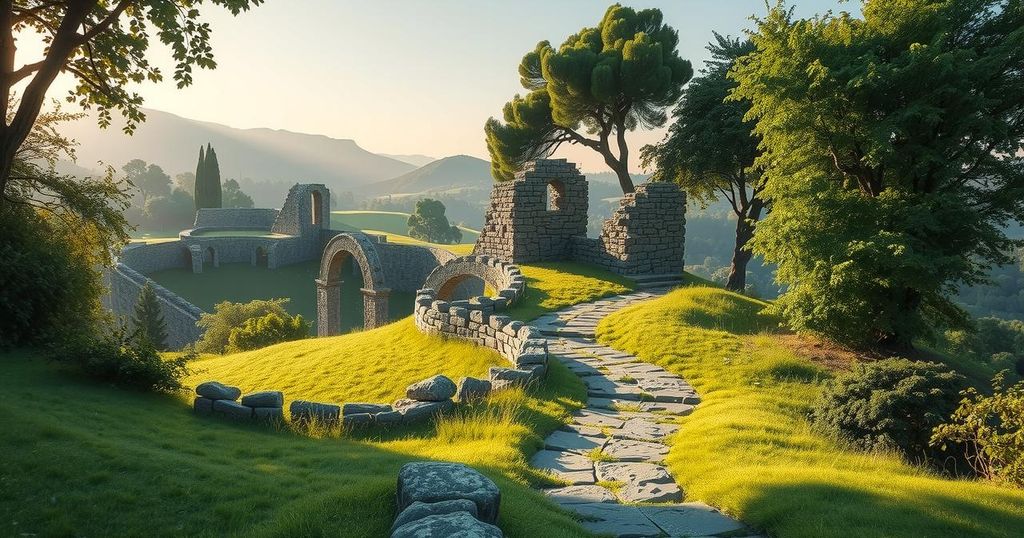The Assad regime was overthrown in December 2024 after 50 years. A transitional government led by HTS has emerged amidst Syria’s pivotal moment. Bethan McKernan explored the regions liberated by rebels to uncover insights into Syria’s potential future as it seeks to rebuild society post-conflict.
In December 2024, the Syrian regime led by Bashar al-Assad was overthrown after over five decades of authoritarian rule. This significant political shift resulted in the establishment of a transitional government, primarily composed of the rebel group Hay’at Tahrir al-Sham (HTS) and allied militia factions. The ousting of Assad marked a crucial turning point as Syria now stands at a critical juncture in its history, facing the challenge of rebuilding a fractured nation.
Bethan McKernan, The Guardian’s Middle East correspondent, undertook an extensive journey through Syria, retracing the steps of the rebels who fought to liberate the country. Her travels took her from the city of Aleppo to Homs and eventually to the capital, Damascus. Throughout her exploration, she sought to answer pressing questions regarding Syria’s future and the prospects for rebuilding a society that serves the interests of all its citizens.
Now, as the nation grapples with its newfound freedom from Assad’s rule, the focus is on the daunting task of reconstruction. A society that has endured years of civil conflict faces moral and logistical challenges in uniting its diverse population. The key inquiry remains whether Syria can chart a path towards a cohesive and inclusive future amidst the remnants of war.
The political landscape in Syria has dramatically transformed following the overthrow of Bashar al-Assad. With the formation of a transitional government, there exists a unique opportunity to rebuild the country. However, significant challenges lie ahead in reconciling a divided society and fostering a sustainable future for all Syrians. The journey towards healing and unity will require earnest efforts from both leadership and citizens alike.
Original Source: www.theguardian.com




